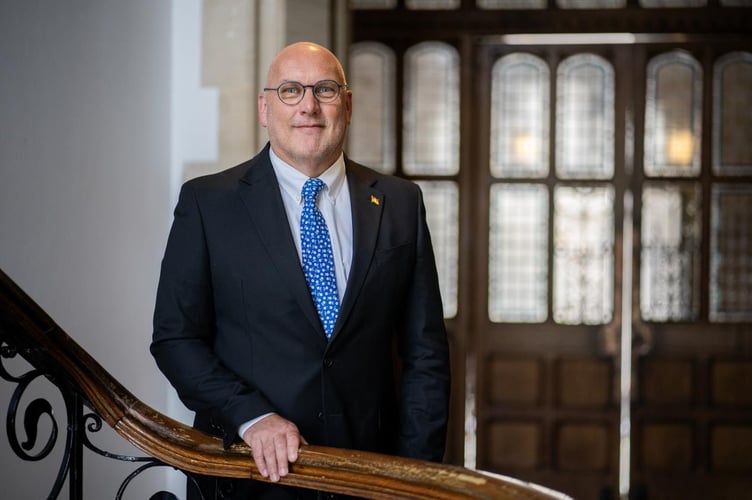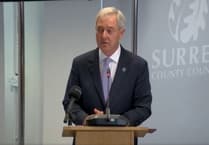Hampshire County Council’s leader has warned that the new Budget will place even greater pressure on the county and its residents.
Speaking at a full council meeting on November 27, Conservative Cllr Nick Adams-King said the Budget’s impact “is not going to be positive for the region”.
Chancellor Rachel Reeves delivered her second Budget on Wednesday, announcing a series of tax rises as she seeks to fill what she called the “black hole” in public finances left by the Conservatives.
However, in Hampshire, Cllr Adams-King said the council is still assessing the local impact, and the outcome is unlikely to be good.
“It is not going to be positive, and I don’t think any of us had any expectation of anything different,” he said.
He added: “There is £16 billion in additional government spending, much of it on benefit payments, and extra council tax on homes worth more than two million pounds, which you might think would help us if we were to receive the money, but we won’t.
“People would expect better services as a result of paying higher bills, yet we would be unable to deliver them without additional funding from the government.”
On the minimum wage rise, Cllr Adams-King said it would have an “undoubted impact” on the care sector and therefore on the costs the council would face.
Regarding the government’s plan to take full responsibility for special educational needs and disability (SEND) spending from 2028, a major financial strain for the council, he said there is still no clarity on how it will work.
“There is no certainty they would not simply pass money to the county council without any indication of whether it would actually cover our costs,” the council leader said.
“Most worryingly, there is no mention of how the Dedicated Schools Grant deficit—which in this council is already heading towards £400 million—will be addressed.”
Cllr Adams-King concluded that the Budget places “even greater pressure on us all”.
“I wish I could be more positive, but I’m not.”
In the Commons, Reeves confirmed that income tax thresholds will remain frozen and urged “everyone to make a contribution.”
She also announced the removal of the two-child benefit cap, a tax on homes worth £2 million or more, and changes to salary sacrifice pension contributions.
In addition, the national minimum wage and national living wage will rise from April, benefiting around 2.7 million people.
The national living wage will increase by 4.1 per cent, which the government says will boost the annual gross earnings of a full-time worker on that rate by £900, benefiting around 2.4 million low-paid workers.
The minimum wage for 18- to 20-year-olds will rise by 8.5 per cent to £10.85 an hour, narrowing the gap with the national living wage.


-Cllr-Lulu-Bowerman-Tim-Lawton--Image-LDRs.jpeg?width=209&height=140&crop=209:145,smart&quality=75)


Comments
This article has no comments yet. Be the first to leave a comment.